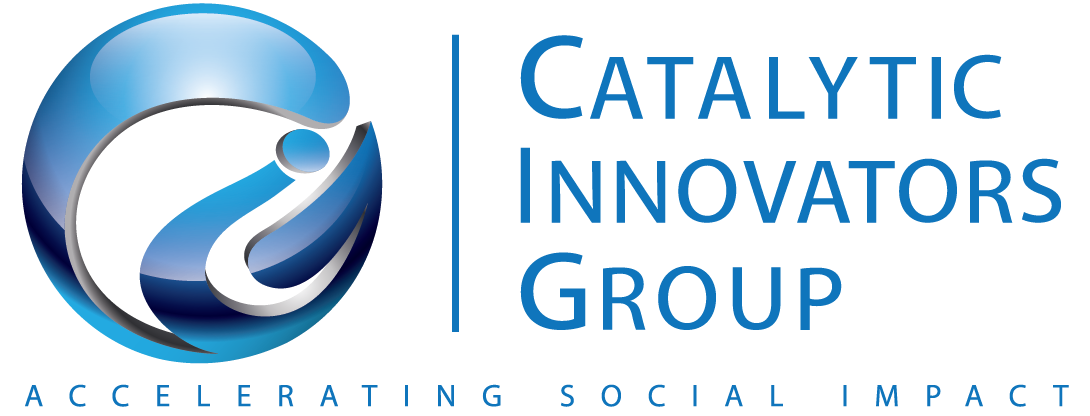Max welcome to this world! You are indeed one of the few very fortunate babies to be born in an environment of so much love, care and unlimited opportunities. Not every child born with you will be that fortunate.
Your mother and father made a wonderful gift on your behalf to the world by launching the Chan Zuckerberg Initiative – it is interesting that it was not named the other way around. Your parents care deeply about the world and they have a very mature and equal partnership. They are committed to ensuring the world is a better place not just for you, but also for the millions of other children who will grow up alongside you.
It is also very impressive that in today’s environment of wanting quick results, your parents are taking a long-term view, selecting areas that can have long-term transformation. They also understand that their contribution – quite large by any standard – is still a small piece in the overall development equation. They are also smart to start locally in California, especially for personalized learning efforts.
Your parents are undoubtedly surrounded by some very smart and astute people, who will provide them with input and advice along their very long and exciting journey. I am hoping you will provide them the following input:
They now have the ability to focus on Transformation and not just disruption. This does not preclude them from innovating, but the innovation should come with the goal of transformation – especially because they are interested in improving personalized learning, curing diseases, connecting people, and building strong communities. It maybe be tempting to focus on the role of technology to solve massive problems, but it is also important for them to invest in technological solutions that are transformative rather than disruptive. Given they are already thinking of long-term impacts over a five, ten, twenty year horizon, they can begin changing the conversations, currently focused on disruption, to transformation.
This is also an opportunity for them to focus on Policy and partnerships with key groups and organizations to leverage the right policy change for transformative innovation. If they want to transform the communities that you, Max, will grow up in, then policy will play a central role. That is actually, in some ways, contrary to what is happening in the tech business community, where new businesses are butting heads against existing policy.
With the kind of bright spotlight there is on the Initiative, it will be tempting for them to look for solutions that provide quick wins and hit a grand slam (borrowing from a baseball analogy), because hitting a grand slam is what personifies success in today’s hyper competitive environment, given the huge sums of money they are committing. However, if they really think about it from the people/community they are trying to benefit, Singles (small meaningful transformation) matters more than a huge win (a Grand Slam).
We are going through enormous changes in society and many of them have been driven by access to and the development of technology, especially Information Technology, which your parents have been an integral part of. These changes are disruptive and are leading to an increasing gap between how we invest in social causes and the phenomenon of social action.
The Institute for the Future (IFTF) calls this the “second curve” philanthropy, where one or few individuals can attempt to create change on scale that was previously inconceivable, or only a large organization or entity could undertake. There are many examples of the second curve, such as the Ice Bucket Challenge, protests in Hong Kong, the Maghreb revolution – Tunisia, Egypt, Libya, even ISIS – many of them have had great initial success, but are either hard to replicate, as in the case of the Ice Bucket Challenge, or moving from mass demonstration to a stable changed governance system, as in the case of Egypt, Libya and Tunisia.
For the future of philanthropy to continue creating a social impact, we will have to resolve the large gap between organized philanthropy, as we know it, and the second curve philanthropy of social action. This is very important as the amount of money that will flow into second curve philanthropy will increase substantially in the first half of the 21st century, and your parents have just added a massive amount to that pool.
My hope is that your parents and the Chan Zuckerberg Initiative will take the opportunity to bridge the gap between the first and second curve philanthropies, with the investments they make and by becoming a model for others to follow, similar to what Carnegie, Rockefeller and Ford were to Gates and other social investors of my generation. My hope is that your parents can become effective bridge builders with their investment and ability to change the conversation – think Transformation, Policy and Singles.
Wishing you and your parents an amazing journey of making slow, yet transformative change.

